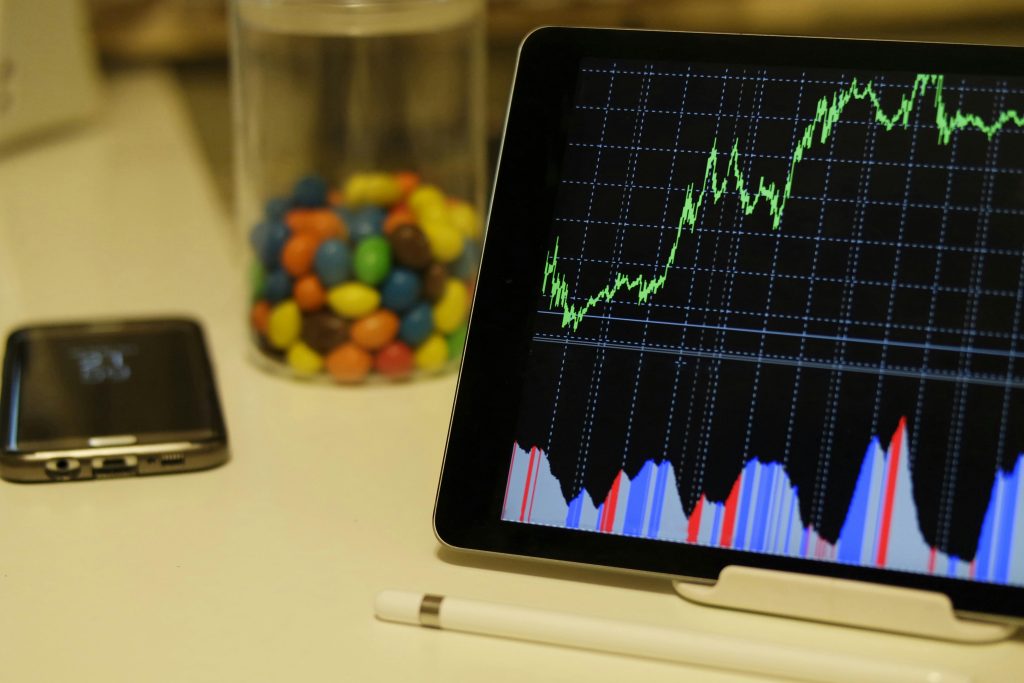The world of finance has seen countless innovations, but few are as transformative as Quantum Trading. This new approach leverages quantum computing to analyze vast datasets, uncover hidden patterns, and make predictions with unprecedented accuracy. Whether you are an experienced trader or just beginning, understanding this new frontier is essential for staying ahead in the ever-evolving financial markets.
In this article, we will dive into the fundamentals of Quantum Trading, its advantages, challenges, and why it’s making waves across the globe.
What is Quantum Trading?
Quantum Trading refers to the use of quantum computers to perform complex calculations that would be nearly impossible for classical computers. By processing enormous amounts of financial data in real-time, quantum computers can identify trends and make decisions far faster than traditional methods.
At its core, this technology capitalizes on the principles of quantum mechanics, a branch of physics that deals with phenomena at the smallest scales—such as subatomic particles. In a trading context, this allows algorithms to factor in a broader range of possibilities, which translates into better-informed trades.
Key Benefits:
- Speed: Quantum computers process information at speeds millions of times faster than classical computers.
- Precision: The enhanced ability to model uncertainty and risk allows for more accurate market predictions.
- Data processing: Quantum algorithms can simultaneously evaluate multiple market variables, providing more comprehensive insights.
Learn more about the future of trading with Elon Musk AI Trading.
How Quantum Trading is Changing the Game
While traditional trading relies on classical algorithms to predict market trends, Quantum Trading brings a fresh perspective. The core advantage lies in its ability to process exponentially larger datasets in a fraction of the time.
Some major advantages of Quantum Trading include:
- Enhanced Predictive Accuracy
Quantum algorithms can simulate potential outcomes more effectively, improving prediction accuracy. This leads to more strategic investments based on detailed market forecasting. - Better Risk Management
Risk is a natural part of trading, but quantum models are able to evaluate countless outcomes simultaneously, creating a more nuanced view of risk. - Improved Efficiency
Since quantum computers can analyze data faster and more accurately, trades can be executed with far greater precision. This can result in optimized returns on investments.
By leveraging these capabilities, traders can stay ahead of the curve, gaining insights that their competitors may not have access to.
Explore more about Quantum AI and how it’s making strides in the financial world.
Challenges of Quantum Trading
While the potential of Quantum Trading is immense, it’s important to address the challenges that come with it. This emerging technology is still in its infancy, and widespread adoption is yet to occur. Some of the primary obstacles include:
- Cost
Quantum computing is expensive. Developing and maintaining quantum computers requires a substantial investment, which makes it inaccessible to many traders. - Complexity
The quantum field is complex, requiring traders to learn a completely new set of skills and techniques. Unlike traditional trading models, quantum systems work on probabilities, making them harder to interpret. - Limited Availability
Currently, only a few companies have access to the kind of quantum systems that could be applied to trading. However, as technology advances, this is expected to change.
Despite these challenges, Quantum Trading is expected to grow, as more businesses and financial institutions invest in this technology. Many experts believe that the rewards will outweigh the initial barriers.
Get ahead in this space by exploring Quantum AI France.
Applications of Quantum Trading
So, where can we expect Quantum Trading to make the biggest impact?
- High-Frequency Trading (HFT)
Quantum algorithms can dramatically enhance HFT strategies by processing market data faster than any classical system. This could lead to more profitable trades executed in fractions of a second. - Portfolio Optimization
Quantum computing can take into account numerous variables to construct portfolios that minimize risk while maximizing return. This kind of optimization is far more advanced than current classical methods. - Algorithmic Trading
By utilizing quantum algorithms, traders can refine their algorithmic strategies, allowing for real-time decision-making based on a wider range of data points.
Future Outlook
The potential of Quantum Trading is vast, and its applications in the financial world are only just beginning to unfold. While there are still hurdles to overcome, it’s clear that quantum technology will play a crucial role in shaping the future of trading. As access to quantum computing expands, the entire landscape of trading could be revolutionized.
For those looking to stay competitive, now is the time to explore how this cutting-edge technology could fit into your strategy. Whether it’s high-frequency trading, algorithmic models, or portfolio management, the integration of quantum computing could be the key to unlocking new levels of success in financial markets.
In conclusion, Quantum Trading is not just a fleeting trend—it represents the next evolution of how we approach financial markets. From increased speed and accuracy to better risk management, this technology is set to change the way we trade forever.
James Martin is a passionate writer and the founder of OnTimeMagazines & EastLifePro. He loves to write principally about technology trends. He loves to share his opinion on what’s happening in tech around the world.



